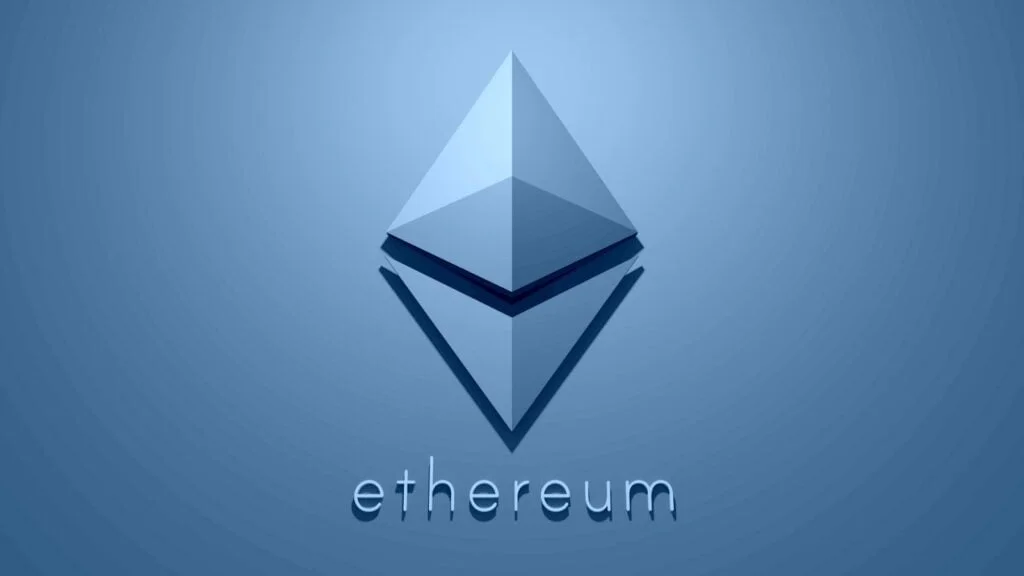The danger of transaction restriction on Ethereum has prompted suggestions for alternative remedies, including social slashing and even a user-initiated soft fork.

In the wake of the United States government’s sanctions against addresses linked to Tornado Cash, there has been disagreement within the Ethereum (ETH) community about how to best respond to the possibility of protocol-level transaction censorship.
In the past week, members of the Ethereum community have suggested social slashing or even a user-activated soft fork (UASF) as potential solutions to transaction-level censorship on Ethereum. While some have called these suggestions “traps” that will cause more harm than good, others have argued that they are necessary to give Ethereum “credible neutrality and censorship resistance properties.”
The contentious discussion is a result of Ether miner Ethermine’s decision to refuse to process transactions from Tornado Cash, an Ethereum-based privacy tool that has now been sanctioned by the United States. This decision has led some members of the Ethereum community to worry about what might occur if other centralized validators made the same decision.
The effectiveness of social slashing in preventing censorship on the Ethereum network is also being debated by the community, as the tactic may cause a chain split, with some validators processing transactions on the censorship-free chain and the others only verifying the OFAC-compliant chain.
In social cutting, validators that incorrectly validate incoming transactions or otherwise behave dishonestly have a portion of their stake reduced.
If authorities mandate that huge centralized staking services like Coinbase and other major centralized pools, who collectively stake more than 50% of ETH on the Ethereum Beacon 2.0 chain, only validate OFAC-compliant chains, then this may become a serious problem.
According to Justin Bons, the founder of Cyber Capital, cutting “is a trap” and “represents a higher risk than the OFAC legislation,” and it cannot be used to combat protocol-level filtering.
Bons claimed that social slashing exchanges may “deprive innocent users of their deposits” and “abuse their property rights” in a 21-part Twitter discussion on August 22.
Additionally, according to Bons, if there are too many validators on Ethereum that support law enforcement, “censors start disregarding or do not certify blocks that contain OFAC violating TXs,” which will “lead to a chain split.”
On August 20, Anthony Sassano, the creator of the Ethereum podcast The Daily Gwei, stated on Twitter that “collateral damage is unavoidable in social slashing […] it’s worth it to protect Ethereum’s credible neutrality and censorship-resistant features.”
The preservation of censorship on the Ether network, according to Geth creator Marius Van Der Wijgen, should be the Ether community’s top priority:
“If we allow censorship of user transactions on the network, then we basically failed. This is *the* hill that I’m willing to die on.
“If we start allowing users to be censored on Ethereum then this whole thing doesn’t make sense and I will be leaving the ecosystem. […] I think censorship resistance is the highest goal of Ethereum and of the blockchain space in general, so if we compromise on that, there’s not much else to do, in my opinion,” he added.
Crypto expert Erica Wall stated that while there is some censorship on the front end, “it’ll only get terrible if censorship starts happening side Ether itself,” adding that up until this point, censorship resistance has acted as a basic attribute on the Ethereum network.
The Tornado Cash-related censorship scandal has been embarrassing the Ether community for more than a week.
